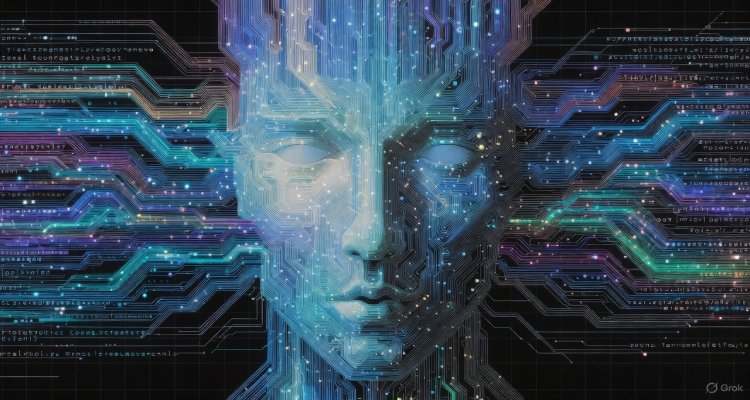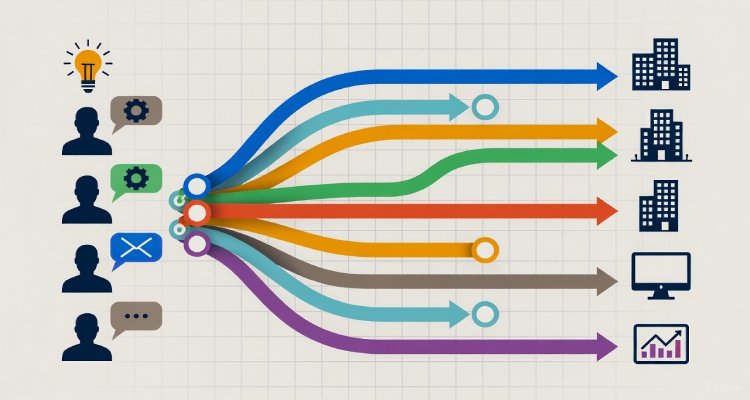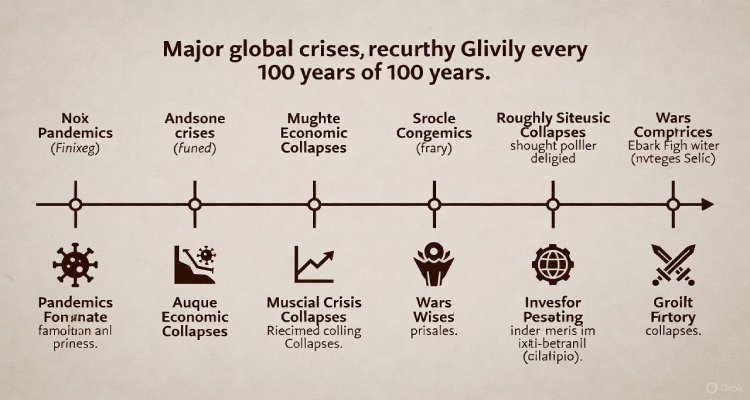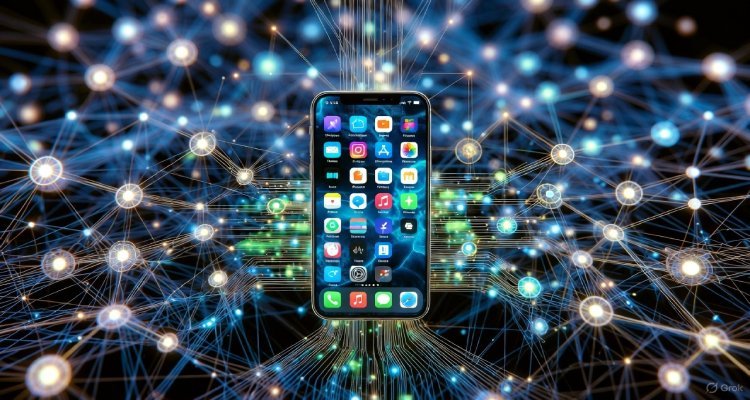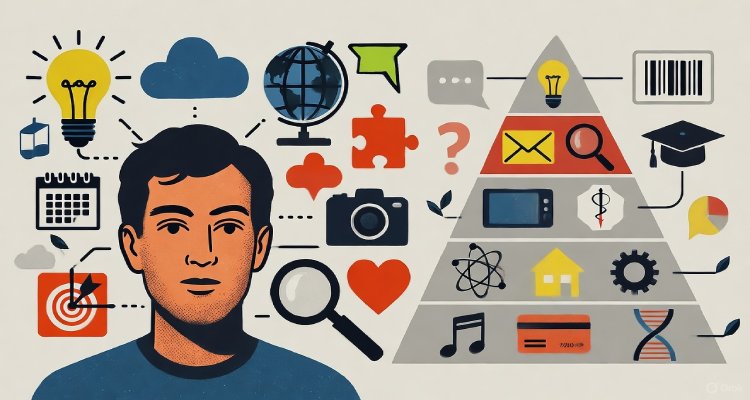What Happens When Knowledge Becomes Instant but Understanding Fades
In an era of instant information, the depth of true understanding is at risk. Explore what happens when quick access to knowledge undermines our ability to think critically and connect ideas, and why this matters for the future of learning and society.
Introduction: The Promise and Peril of Instant Knowledge
The digital age offers knowledge at a speed and scale once unthinkable. A search query, a social feed, or a short-form video can answer historical dilemmas, settle scientific questions, or teach new skills in a mere moment. Yet beneath the surface of this informational goldmine, a paradox is emerging: as our access to knowledge becomes instant, our ability for deep understanding seems to erode, raising critical questions about what learning and intelligence now mean.benoofana+1
Context & Background: From Information Scarcity to Overload
Just a generation ago, acquiring knowledge meant navigating libraries, interviewing experts, or years of gradual study. Today’s explosion of online platforms, search engines, and AI-powered content moves us from information scarcity to oversaturation. Short, stimulus-heavy formats—bite-sized videos, trending snippets, and bullet-point answers—promise efficiency but risk fragmenting how we learn and retain knowledge. Research indicates our brains, wired by rapid-fire posts, begin to expect constant novelty, shrinking our capacity for deep focus and sustained engagement.theeducationhub+1
Main Developments: Knowledge Is Quick, Understanding Is Slow
Scientifically, knowledge—facts, data, and discrete pieces of information—is only one brick in a much larger intellectual structure. True understanding arises when those bricks interconnect, forming a cohesive, meaningful pyramid. Experts emphasize that learning is inherently hierarchical and context-driven; simply piling on facts does not build the solid base required for higher-order thinking like creativity and critical analysis. Excessive consumption of instant knowledge can undermine these connections, encouraging shallow learning, diminishing long-term memory, and stunting critical reflection.benoofana+1
Neuroscientists now warn that overexposure to short-form content and immediate answers alters neural pathways in the prefrontal cortex—responsible for sustained attention, decision-making, and impulse control. Tasks requiring deliberate reasoning or synthesis, such as reading complex texts or solving intricate problems, become more difficult. The enticing reward of instant gratification encourages us to skim rather than deeply engage, with cognitive costs for both intellectual rigor and personal growth.theeducationhub+1
Expert Insight & Public Reaction: Voices from Neuroscience and Society
Educators, neuroscientists, and technology analysts are sounding the alarm. Dr. Karen McCarthy’s research highlights the multidimensional nature of knowledge and comprehension, noting that instant access can sometimes activate irrelevant prior knowledge, leading to confusion and bias. Meanwhile, learning specialists stress that higher-order skills—critical thinking, creativity, and complex problem-solving—depend on a well-structured foundation of knowledge painstakingly built over time.nature+2
“Knowledge is becoming commodified and shallow, with understanding taking a back seat,” observes Dr. Ben Oofana, a neuroscientist studying digital media’s effects on the brain. “We risk diminishing our intellectual capacity and emotional depth unless we recalibrate how we engage with information. The reward loops of instant answers undermine our ability to reason, reflect, and grow.” Society at large responds with mixed feelings—while many celebrate the democratization of information, others worry about the fading depth and coherence in public discourse, education, and professional fields.linkedin
Impact & Implications: The Road Ahead for Learners, Businesses, and Culture
If current trends continue, the implications reach well beyond classrooms. Businesses may find employees increasingly reliant on checklists and scripted responses instead of nuanced judgment. Cultural institutions worry that quick answers drive polarization and superficial debate rather than thoughtful dialogue. Students, from elementary school to graduate programs, could struggle to move from rote memorization to innovative thinking.
The path forward calls for a dual strategy: embracing the benefits of rapid access while investing in more deliberate, meaningful learning. Educators urge a renewed focus on building knowledge “pyramids” that emphasize connections, context, and reflection. Technology leaders explore platforms that slow down the pace, reward depth, and foster communities of real dialogue. Ultimately, only with purposeful effort can immediate knowledge be harnessed for genuine understanding—preserving the richness of learning for future generations.sciencedirect+3
Conclusion: Rediscovering the Value of Understanding
Instant knowledge is here to stay, fundamentally reshaping how we learn, communicate, and operate in the modern world. Yet its promise must not obscure its peril: when information travels faster than comprehension, meaningful learning fades, and the engines of creativity and insight weaken. The answer is not less information, but wiser engagement—a future where rapid access empowers deeper thought, long-term memory, and truly transformative understanding.nature+3
Disclaimer :This article is intended for informational purposes only and is based on research, expert opinion, and public commentary. Reader discretion is advised, and further exploration on the topic is encouraged.


